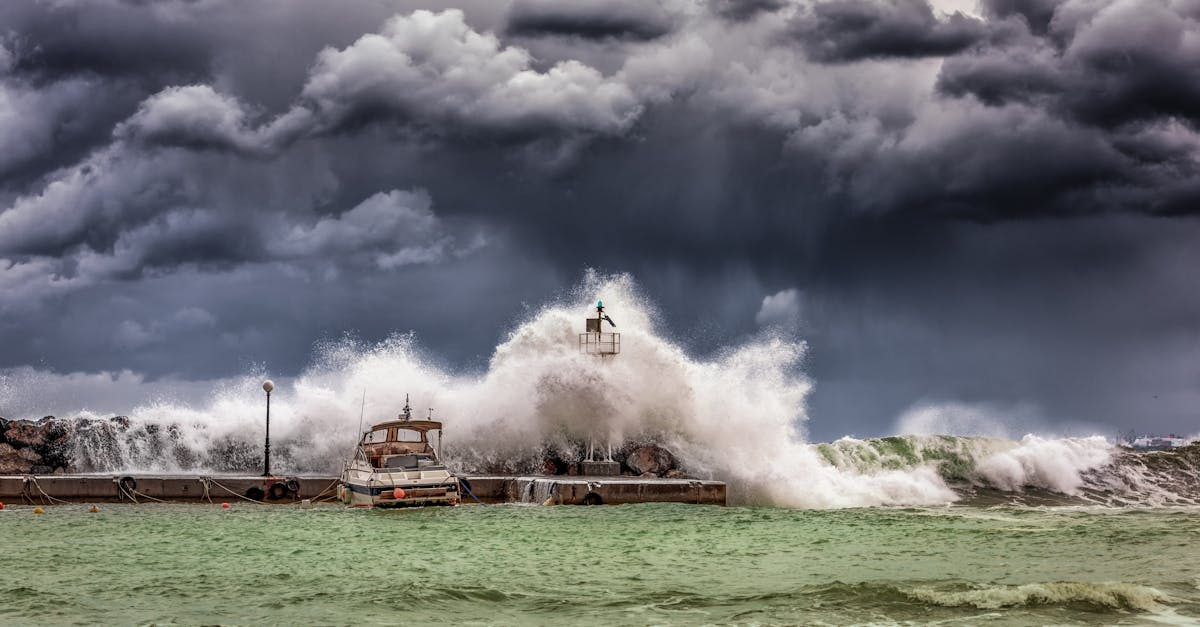As hurricane season looms, a recent study highlights the need for enhanced preparedness among Hawaii residents and businesses. The warning comes as a timely reminder for entrepreneurs, investors, and professionals to assess their readiness for potential disruptions. The impact of severe weather can be far-reaching, affecting everything from tourism to supply chains, underscoring the importance of proactive planning.
“I will never be satisfied on the level for preparedness for the state and for the citizens,” stated an official, emphasizing the ongoing need for improvement in safeguarding communities khon2.com. Businesses, especially those in the tourism and hospitality sectors, should prioritize developing comprehensive emergency plans. This includes securing physical assets, establishing communication protocols, and ensuring business continuity in the face of potential storms.
Preparing for a hurricane involves more than just emergency kits. Hawaii News Now highlights that residents may become the first responders in the event of a disaster, underscoring the need for training in CPR and first aid. Furthermore, families should have a detailed plan in place, alongside a kit sufficient to sustain the household for at least fourteen days. Such preparation can minimize disruption and facilitate quicker recovery.
Essential to hurricane readiness for businesses is understanding potential hazards. These include strong winds, heavy rainfall, and high surf. Hawaii County Civil Defense's Hurricane Preparedness Guide details the potential effects of hurricanes. Businesses must focus on safeguarding assets, protecting employees, and ensuring operational resilience. Investors should consider these risks when evaluating ventures in Hawaii, factoring in preparedness measures. KITV provides a guide on the essential items for households and other considerations in the event of an emergency.
Moreover, the Department of Emergency Management recommends evaluating specific needs for potential emergencies, including support for the elderly, children, and pets www8.honolulu.gov. Businesses can translate these recommendations into actionable strategies, such as employee training on disaster management, ensuring backup power for essential operations, and establishing relationships with suppliers for post-disaster assistance. Continuous assessment and updates to these strategies are key to maintaining preparedness as circumstances change.

